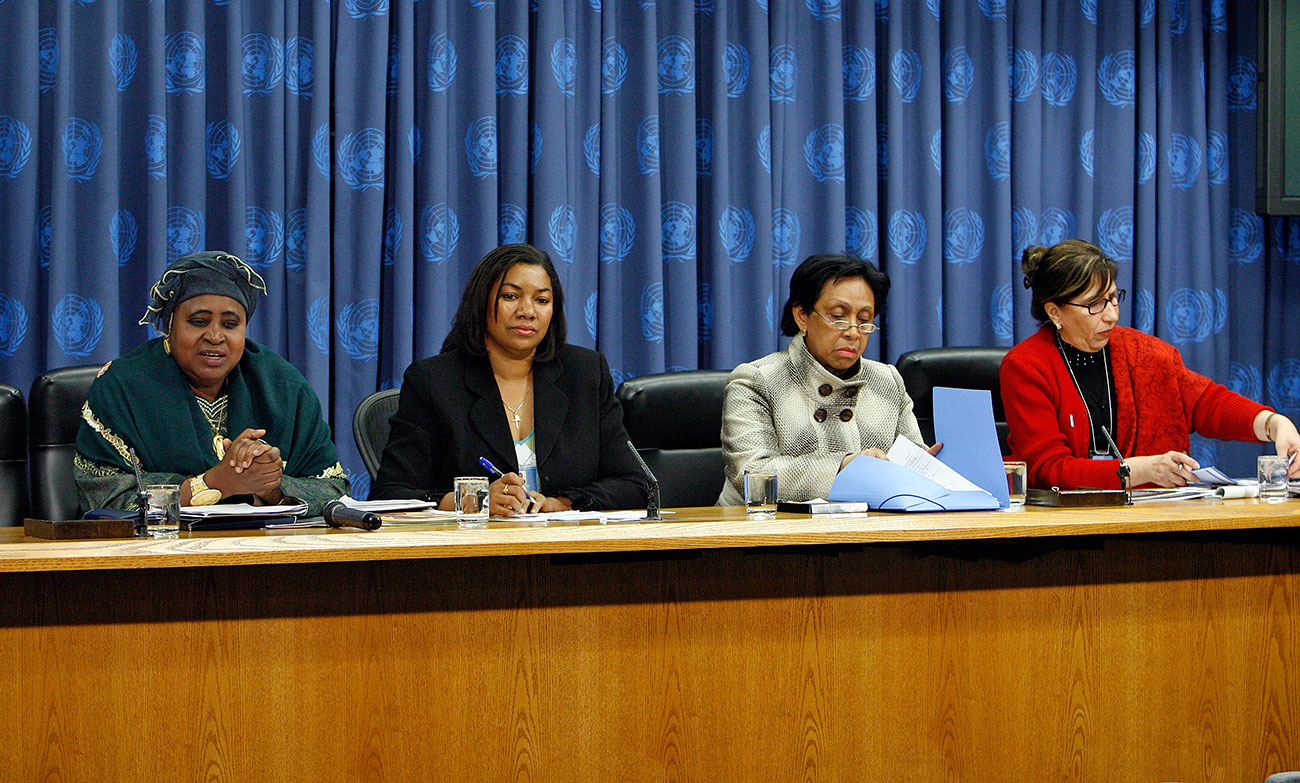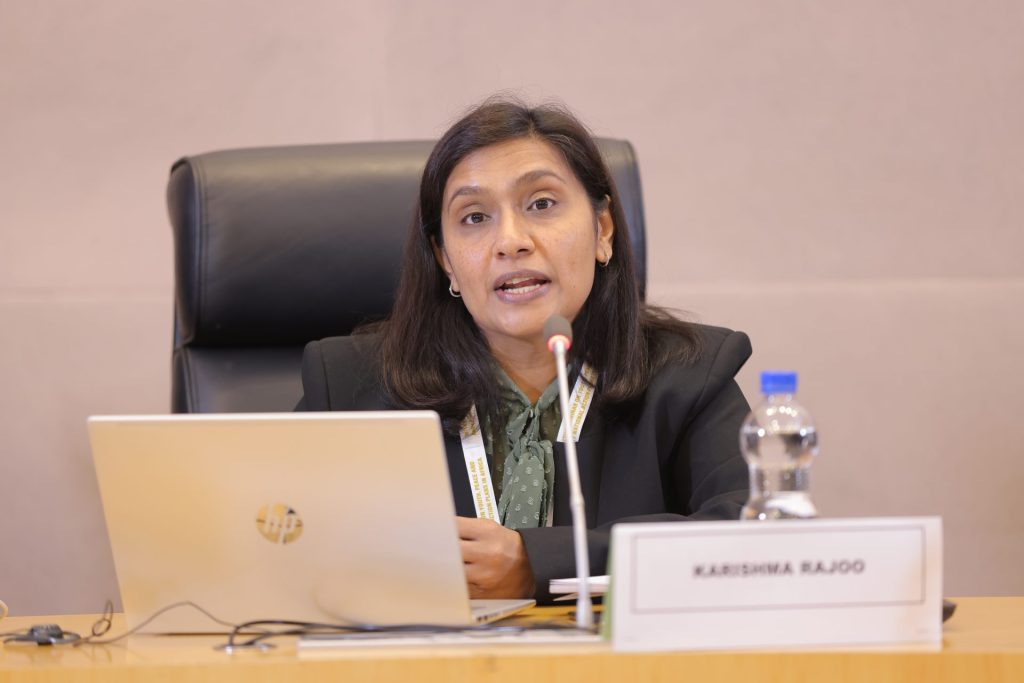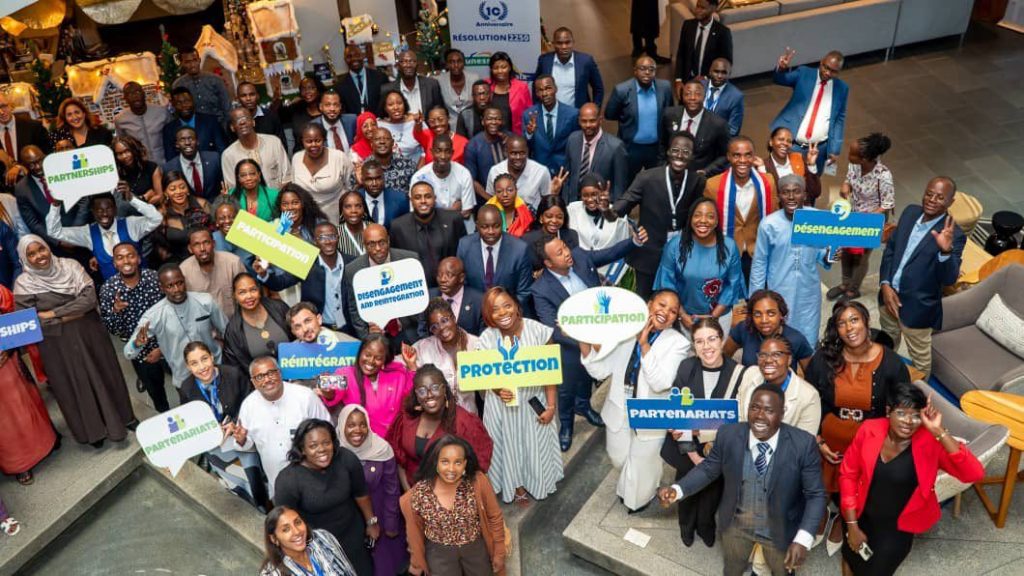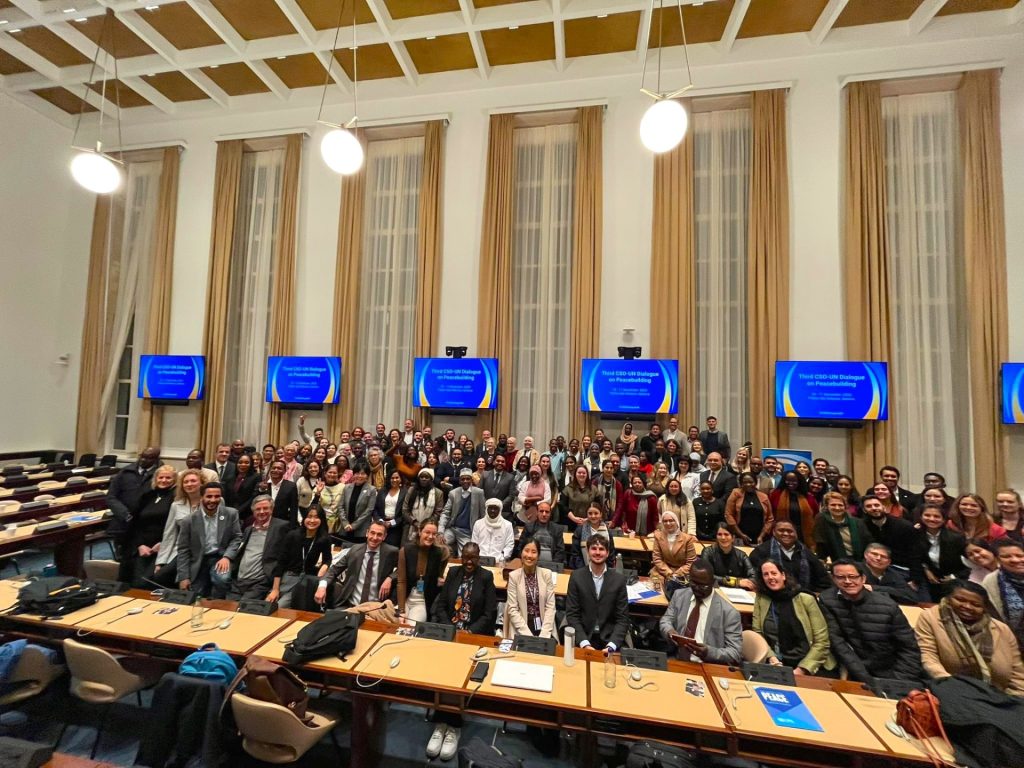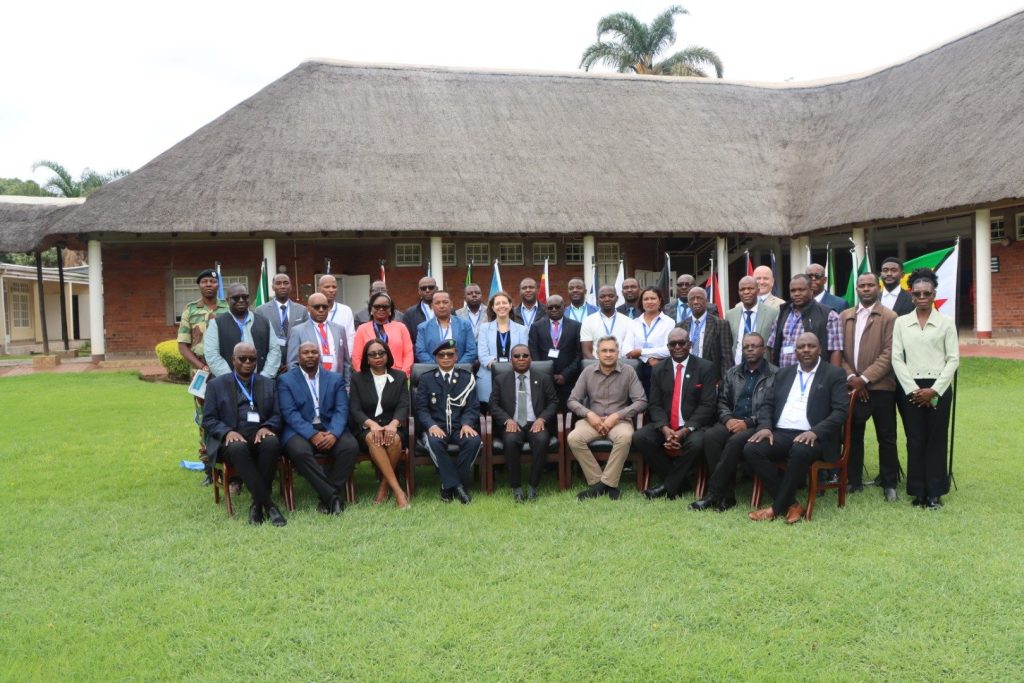The International Peace Support Centre (IPSTC) in collaboration with the Spanish and Dutch Ministries of Defence and Foreign Affairs under the Spanish-Dutch Training Initiative on Gender in Operations organised the Gender Perspective in Peace Support Operations course: A Comprehensive Approach. The Training for Peace Programme at ACCORD (TfP/ACCORD) supported the training through facilitation of sessions in the one week course that was held in Nairobi, Kenya from 27-31 October 2014. This support contributed to the adequate preparation of the civilians, police and military officers from the East African Region as well as from other regions of Africa who are expected to be part of the capabilities of the Africa Standby Force (ASF) ahead of the Full Operation Capability in 2015. TfP/ACCORD’s strategic goal aims to strengthen the African Union’s capacity and capability to plan, manage and implement peace support operations on the continent through support to the development of the ASF – Africa’s future peace operations standby capacity.
The target audience for this gender course was primarily middle management military officials and civilians, including police, from African members of the United States Global Peace Operations Initiative. It also targeted participants who are deployed or are to be deployed in African Union (AU), United Nations (UN) or other peace operations in the African continent. The course aimed at increasing operational effectiveness by equipping participants with the necessary knowledge and skills to effectively support the gender perspective in peace operations. This innovative international course responds to and is based on the comprehensive approach to peace operations, and builds on synergies between defence, diplomacy and development (3D) with regards to gender and human rights aspects.
Due to the complex nature of current peace operations, there is an increasing awareness for the military, police and civilian personnel to be equipped with practical means to interact with local women and men as well as how to interact with other gender parameters in the environment they operate in. The training thus sought to explain the basic gender concepts and how attitudes and behaviour towards gender may impact one’s own understanding, analysis and strategic leadership in operations. It further gave a platform for the participants on deeper understanding of the concept and aims of the Comprehensive Approach on gender issues in peace operations. The sessions also described how the gender perspective and the comprehensive approach complement each other. The training also took the participants through the main international legal frameworks related to gender as well as the technical and political aspects of gender in peace building processes, such as Security Sector Reform (SSR) and Demobilisation, Disarmament and Reintegration (DDR). The participants also learnt about the significance of the UN Security Council Resolution (UNSCR) 1325 and related UN Security Council Resolutions in supporting the implementation of mission mandates.
TfP/ACCORD in collaboration with the African Regional Training Centres of Excellence (COEs) and national peacekeeping training centres seeks to increase the understanding of the civilian and multi-dimensional aspects of peace operations through trainings. Further, this collaboration which TfP/ACCORD is keen to strengthen fosters awareness raising and generates necessary support for strengthening gender mainstreaming in peace operations among the AU Member States and Regional Economic Communities (RECs)/Regional Mechanisms (RMs) representatives.
This initiative is in line with the TfP Programme’s strategic goal for improved and sustainable capacity for peace operations on the continent, through support on functional organisational systems including the African Regional Training Centres of Excellence in Africa as well as the RECs/RMs. This engagement is also linked to the programme’s thematic focus on strengthening recruitment and training of female peace keeping personnel (and trainers) for peace operations, in line with the UNSCR 1325 and its emphasis on female participation in the prevention and resolution of conflict. This initiative also seeks to support the development of policies targeted at implementing SR 1325, 1820 and other normative developments relevant to cross cutting women, peace and security issues in peace operations.
The Training for Peace Programme at ACCORD is an initiative funded by the Norwegian Ministry of Foreign Affairs.

